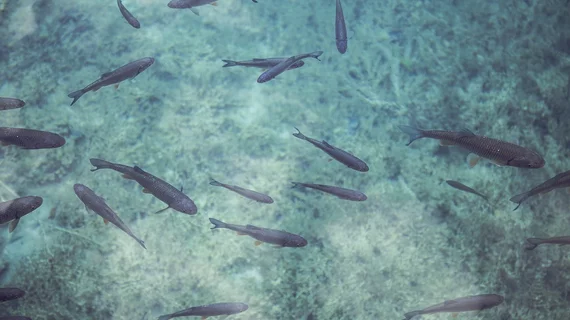Museum project uses contrast CT and X-ray to catalog world’s vertebrates
The Florida Museum has published anatomical images from a five-year project aimed at cataloging thousands of vertebrate species for educational and research purposes. A total of 18 natural history institutions worked on the initiative, which utilized CT scanners and X-rays to give the world a literal look inside 20,000 different specimens, accounting for nearly half of the world’s known living mammals, reptiles, amphibians and fish.
The OpenVertebrate project began in 2017, with a mission to provide limited-copyright 3D-photos of animals to everyone through an online portal. Specimens from all over the world were preserved in fluid, scanned and added into the database until late 2023. The collection may be expanded to include remaining species as time goes on.
The incredibly detailed pictures not only reveal bone structure; contrast CT picks up details in soft tissue and organs that would be impossible to see without performing dissection.
Details on the research project are set to be published in Bioscience.
Click on the link below to visit the OpenVertebrate database and see the images for yourself.

